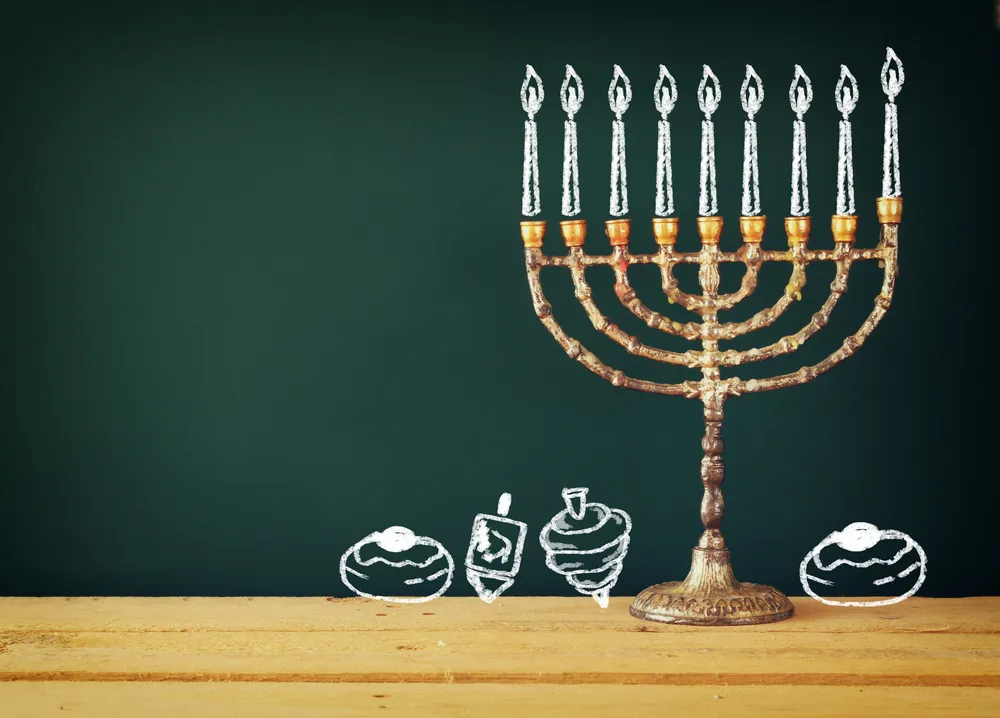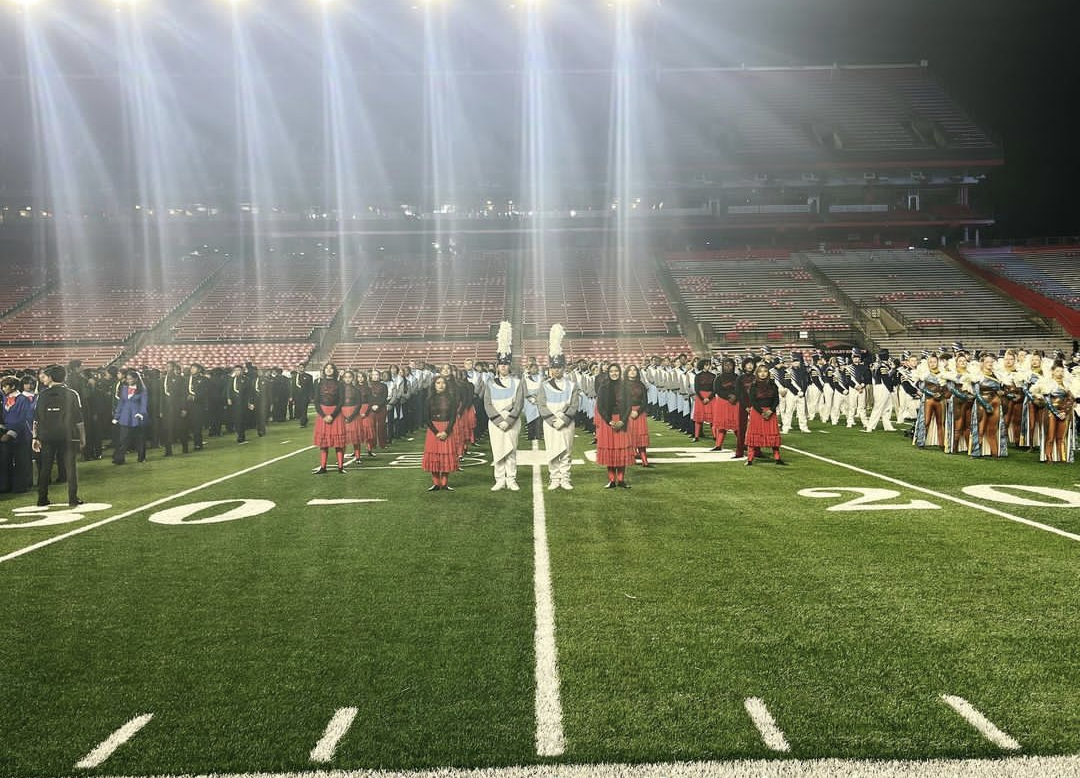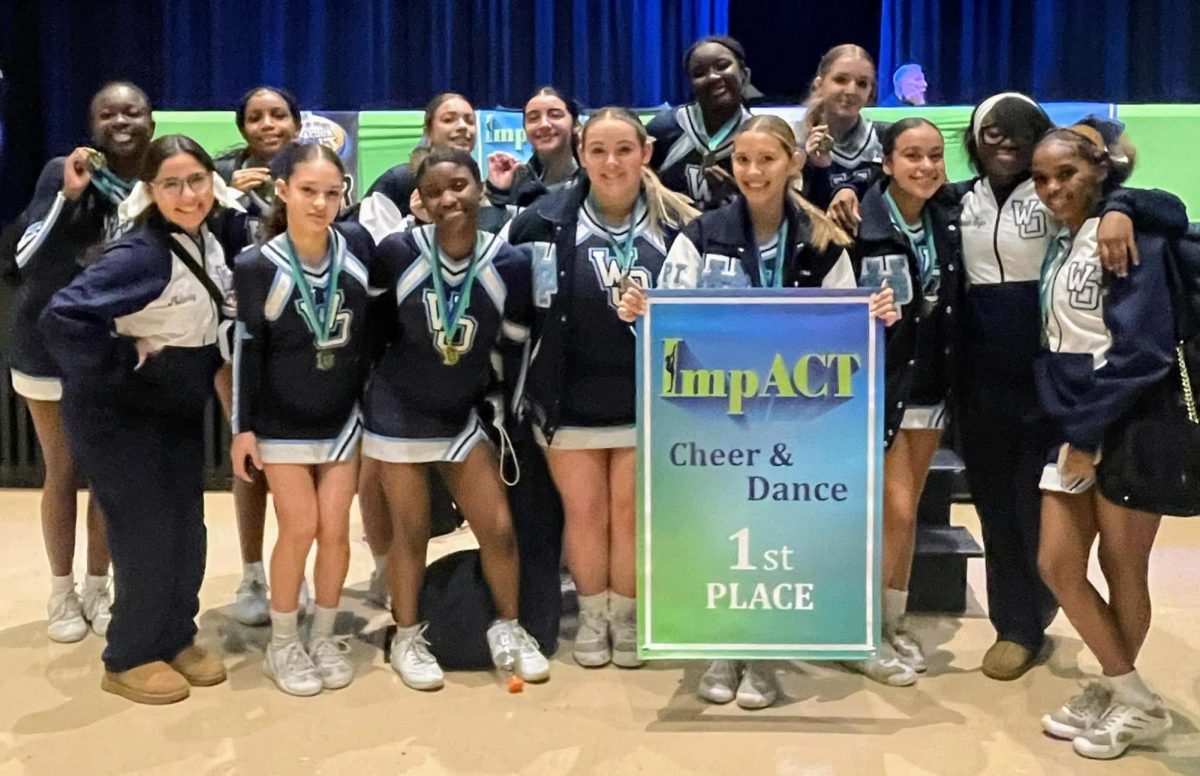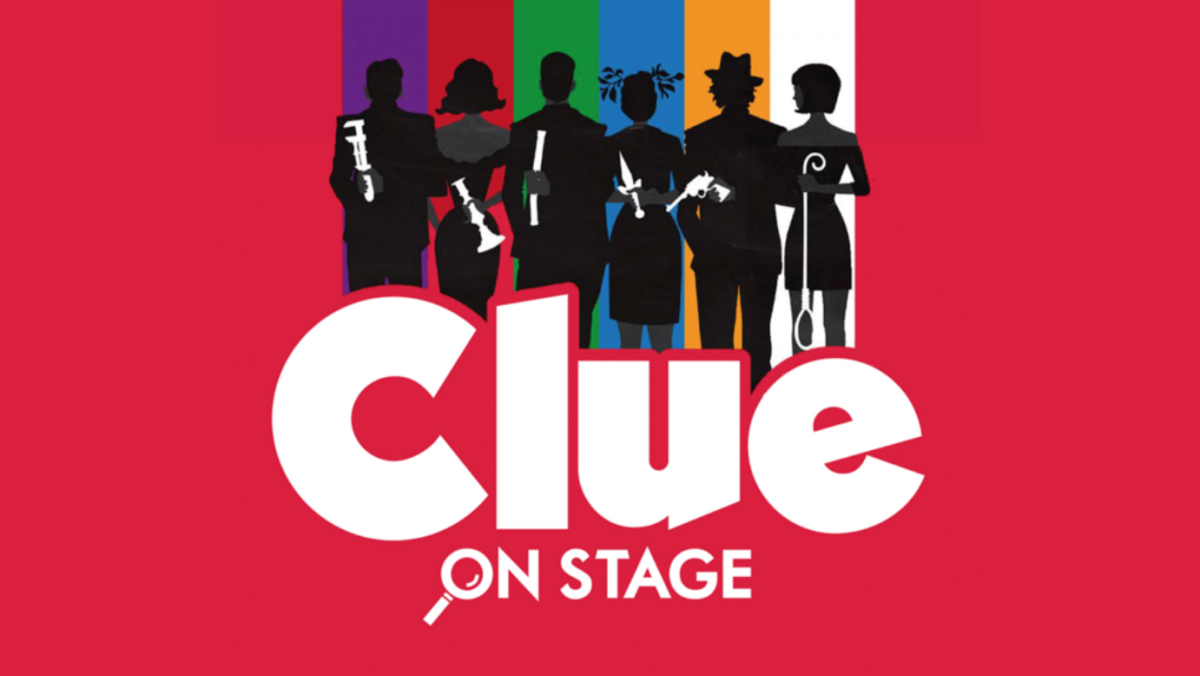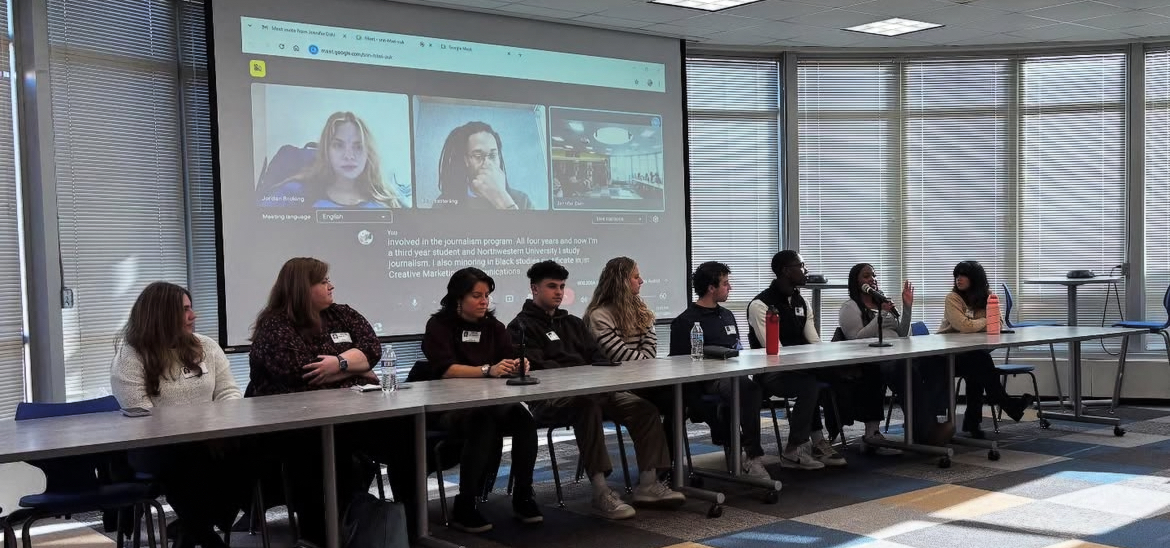On Sunday, October 29, the West Orange High School Marching Band secured the title of State Champions with their performance, “The Beating Heart,” which they have performed at home football games and competitions for the past few months. The day before, the Marching Band performed at the Bands of America NJ Regional Championship, where they also performed “The Beating Heart”. During the preliminary round, the Band scored 80.25, and in the Finals that night, they finished with the highest score from any New Jersey team, 79.9. The Band finalized 4th out of 20 attending bands in both the preliminary and final rounds of the competition, outcompeting top bands from New Jersey, Pennsylvania, Massachusetts, Virginia, and North Carolina.
The Band went on to compete the next night at Lions Stadium at The College of New Jersey for the New Jersey Marching Band Directors Association (NJMBDA) State Championships. Under the lights, they performed “The Beating Heart” one last time, an outstanding show, full of raw emotion and technical skill. The judges scored the performance 91.6, the highest score received by any band that day. “When they announced second place, and it wasn’t us, I was in shock,” says Anestis Pavlives, Senior Drum Major for the Marching Band.
Their final performance not only won first place but was also awarded the Class Captions for Best General Effect and Best Visual Performance. The competition scores band in “Three categories,” says Pavlives, “There’s music, visual, and general effect;” deductions from a starting total of 100 points are taken for certain infractions.
“It was just such a triumphant feeling, knowing that everything that we had worked for all season [was] worth it in that moment,” Junior Drum Major, Eleanor Kukes says as she recalls the moment the Band was announced as State Champions.
“We don’t perform to win first place or anything,” Kukes says, Pavlives adds on instead that the band “perform[s] to do [their] best,” yet after a season of dedication and hard work, the championship title validated the dedication displayed by the Band and Color Guard over the past few months.
After hearing the scoring results, Xen Kittur, a first-year member of the color guard, expressed his excitement, “I literally ran up and jumped on my friend … because I was so excited. And I cried ugly, so hard … over all [of] the hard work that we went into.” He reiterates the feeling of validation that Kukes and Pavlives mentioned and remembers the amount of practice and work that led up to that point. “Sometimes the physical aspect of being outside in the sun or being out in the middle of the night or in the morning on a Saturday until 9:00 p.m. was very physically challenging,” Kittur explains, “The physical work leads into the mental work, so the more physical stuff you do the more you realize you really have to lock in.”
The “mental work” started far before the school year did on the blazing hot turf in the middle of summer. The Marching Band started their season with summer band camp in August where they practiced 10 to 20 hours for about one week; sometimes rehearsing on weekends, in the morning through mid-day, or even into the night. Once school started, the Band practiced for about 13-15 hours each week, time dependent on a football game for the band to perform at that week.
This year, there was an extra challenge: nearly one third of the 102 band members were new to the marching band. “We had a lot of new people trying to figure out how to do it like reading drill chart, figuring out where to go, and how to march,” Pavlives notes, recounting the challenges of teaching new members how to march in unison and complete motions.
Besides new members, the band also struggled with unruly weather. With an unnaturally wet October and an extremely hot start to the school year, the weather conditions put the band through the loop. “Pushing through and rehearsing at our highest level,” Kukes explains, became an accomplishment in itself as the band lacked performances to “look forward to” or “reference” for what they needed to adjust or improve upon. Despite the challenges, the band pulled through, welcoming more than 30 new members to their family of champions to create a one of a kind performance.
Their show, “The Beating Heart”, featured numerous musical arrangements including “New World” by Björk, “Romeo and Juliet Overture” by Pyotr Ilyich Tchaikovsky, “A Thousand Years” by Christina Perri, and “El Tango De Roxanne” by Ewan McGregor, Jacek Koman and José Feliciano. Each competition show contains three parts: “an opener, a ballad and a closer,” Pavlives explains.
With power and emotion in each note, flag toss, and hit, the Band and Color Guard led the audience through the journey of love, an experience that is so much more than just music. The show begins with a smooth, nearly mechanical, musical interpretation of the physiological inner workings of the heart which leads into a powerful love ballad. About six minutes into the show during Christina Perri’s “A Thousand Years”, the performance rises to a climax, and the mood shifts quickly from content to contempt as a choreographed fight breaks out. The music gets louder and more harsh, demonstrating the agony of heartbreak. The performance ends with a final dramatic hit, leaving the audience touched and emotional.
Even with months of practice, the sentiment is not lost on Kukes, who describes her favorite part of the show, “the hit in the first part of the opener. It’s Björk’s overture to a new world,” she says, “It’s just like such a beautiful composition of it. And every time I hear it, it makes me emotional.”
For viewers, the Band seems to make the nine-minute show look effortless but under the surface, each aspect is meticulously rehearsed and re-rehearsed. “In each rehearsal, we have a main pin-point to focus on,” says Pavlives, “we usually start there, and then we can spend so much time on it,” says Pavlives; hours, days.
He goes on to mention the hardest movement in the show, no doubt practiced countless times, “the end is really fast. So people have to all put their feet in time because that’s one of the most important aspects: having your feet in time. And if it’s going really fast, you have to … play your instrument, to play the music, while you’re marching really fast, like you have to know where you’re going.”
“Marching is all about making all of our members look the same when we’re doing a movement,” says Kukes. Much like in the heart, where each artery and vessel has to function simultaneously to support the body, every band member has to step in time, as one, to produce the desired effect. It not only takes practice but a community as well.
The marching band is the largest extracurricular program at the high school, yet despite its size it is also one of the most close-knit communities in the school. “I remember being a freshman scared to talk to anyone,” says Kukes, who credits the marching band as part of her reason for coming out of her shell, “it gives you confidence to really put yourself out there,” she attests. Pavlives argues that band is “way more than” the archetypal definition of marching band, “It’s a bond, [its] a family.” Pavlives notes, “The friendships are everlasting… it’s just so much fun to put everything out on the field and [perform] with your friends.” He explains that marching band practically makes friends for you, the act of practicing and competing every day, in the same uniform, is such a powerful bonding experience.
As a senior this year, Pavlives wishes to pursue a career in forensic science and film production. Although he doesn’t plan on marching in college, he sees himself drum majoring again, eventually at the professional level. Although he is leaving behind the Marching Band program at the high school, Pavlives won’t be leaving behind the lessons the marching band has taught him. “I’ve learned so much leadership just from this position that I think I could carry out into college and my job in the future,” says Pavlives.
Even first-year members, like Kittur, acknowledge the immense arsenal of skills being part of the band and color guard teaches. “There’s a reason why marching band has some of the highest grades,” he says, “because it kind of forces you to learn work ethic and schedule around it.”
Despite their win at the State Championships and their success at the BOA Regional Championship, the Band says that “the job’s not finished,” a motto created by marching students this season as motivation. The motto has since stuck and served as a reminder to the band of the greatness still left to be claimed.
Pavlives concludes that the “next step is just to continue being great because that’s the only thing we can do.”























































